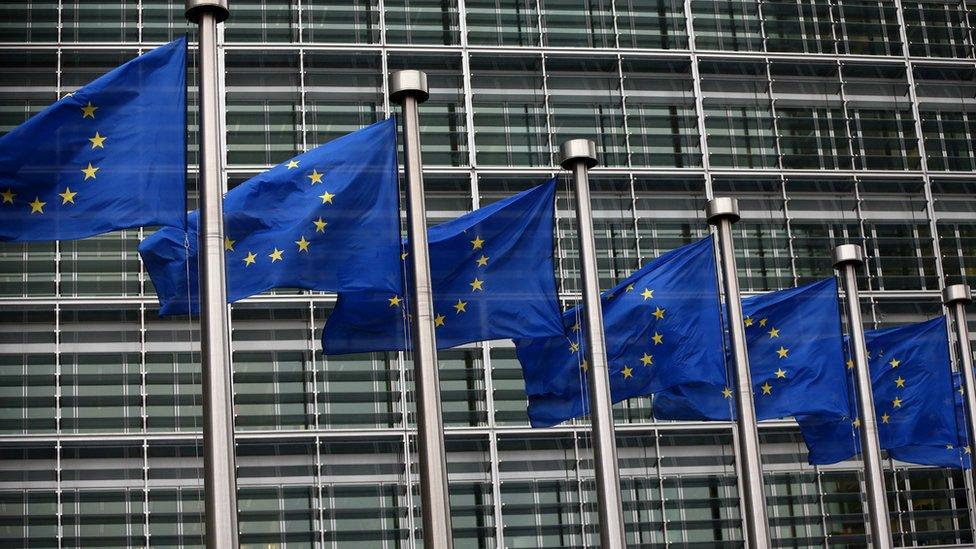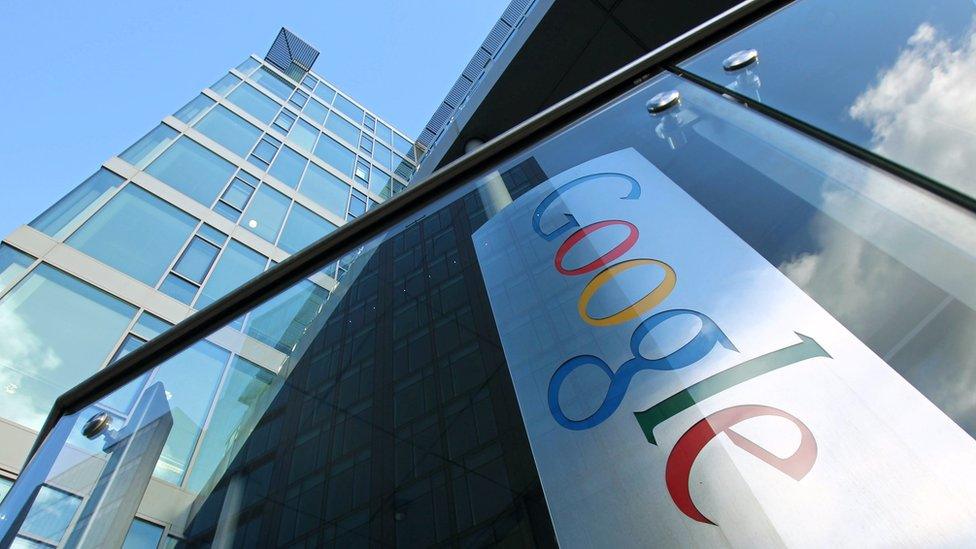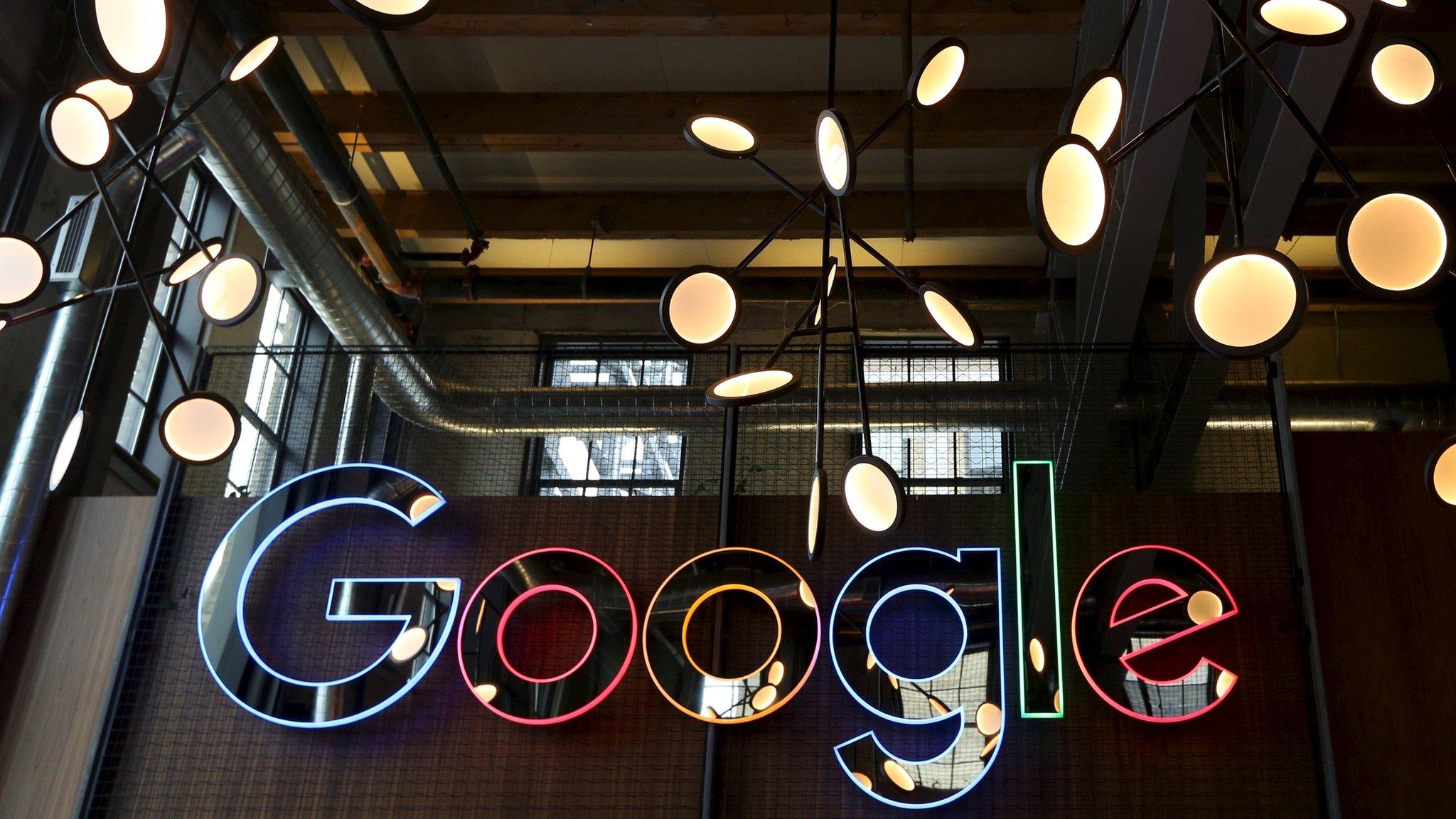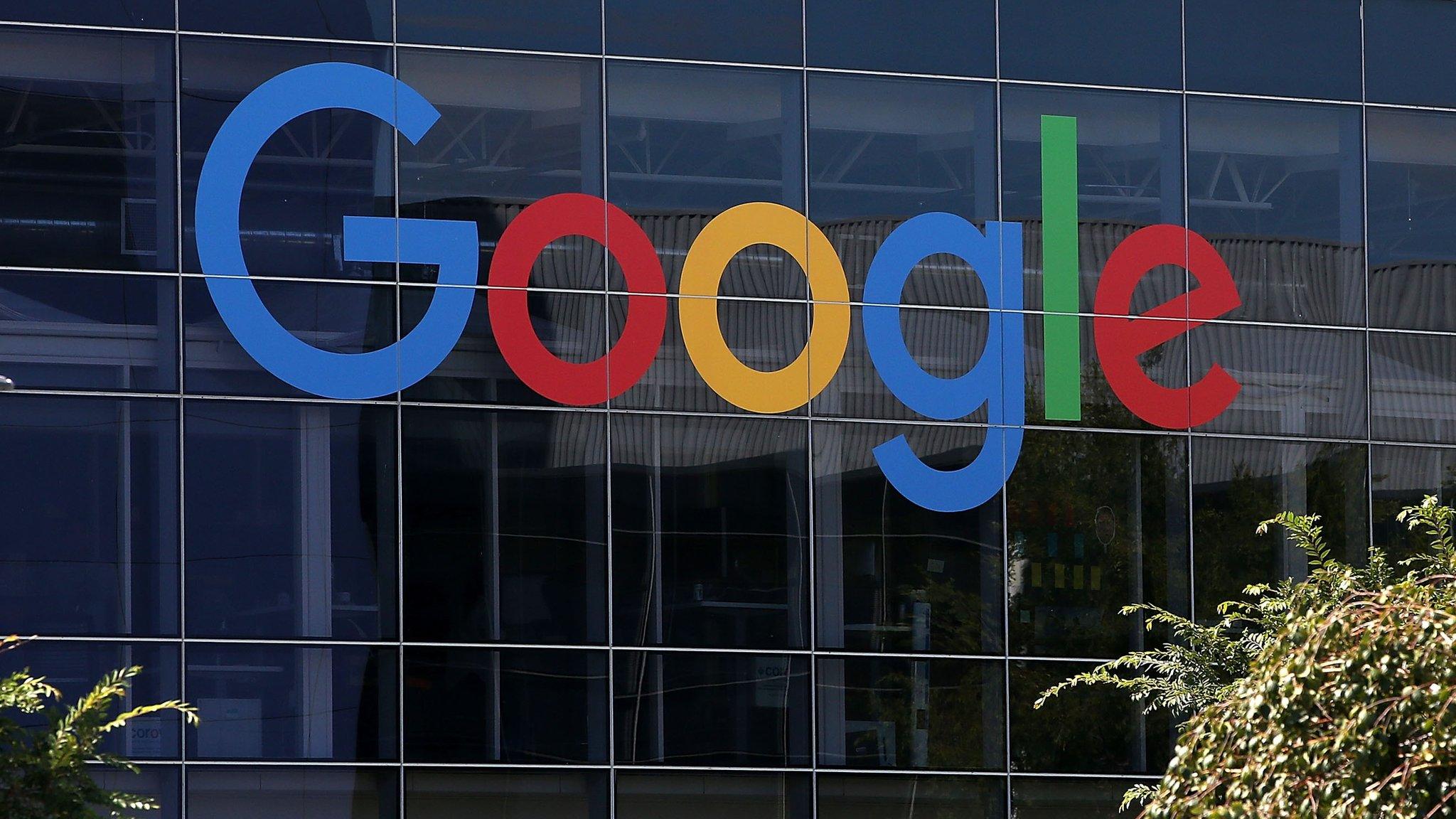EU pledges crack down on corporate tax avoidance
- Published

The European Commission says people 'have to trust tax rules apply equally to all'
The European Commission has stepped up efforts to tackle tax avoidance.
It has published measures to "hamper aggressive tax planning".
One proposal is for tax authorities to share information on multinationals among themselves, as agreed in the OECD deal signed by 31 nations on Wednesday.
However, the UK Chancellor George Osborne said he wanted to "see that information made public," in line with the Conservative Party's manifesto.
The Commission said it was currently looking at the issue of public country-by-country reporting and will publish its findings the spring.
Billions of euros are currently lost to tax avoidance every year, according to the Commission.
The proposals come amid criticism of Google's £130m deal with UK tax authorities to settle a back tax bill.
On Wednesday, 31 OECD members signed an agreement reached last October laying out new rules to stop companies using complex tax arrangements to avoid paying corporation tax.
The idea is to make it harder for firms to hide money in tax havens or play one country's tax authority against another.
And the European Commission says its anti tax avoidance package also calls on EU members to take a "stronger and more coordinated stance against companies that seek to avoid paying their fair share of tax".
Key measures
The key points laid out in today's Commission statement include:
measures to block the most common tax avoidance methods
a recommendation to member states on how to prevent tax treaty abuse
a proposal for member states to share tax-related information on multinationals in the EU
a new process for listing third countries that refuse to play fair
The Commissioner for economic and financial affairs, taxation and custom Pierre Moscovici said billions of tax euros were lost to tax avoidance every year: "Money that could be used for public services like schools and hospitals or to boost jobs and growth.
"Europeans and businesses that play fair end up paying higher taxes as a result. This is unacceptable and we are acting to tackle it".
- Published28 January 2016

- Published27 January 2016

- Published27 January 2016
